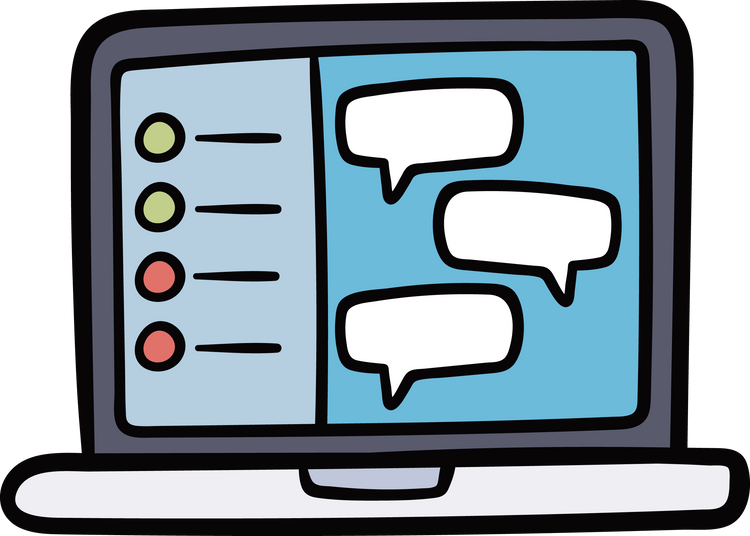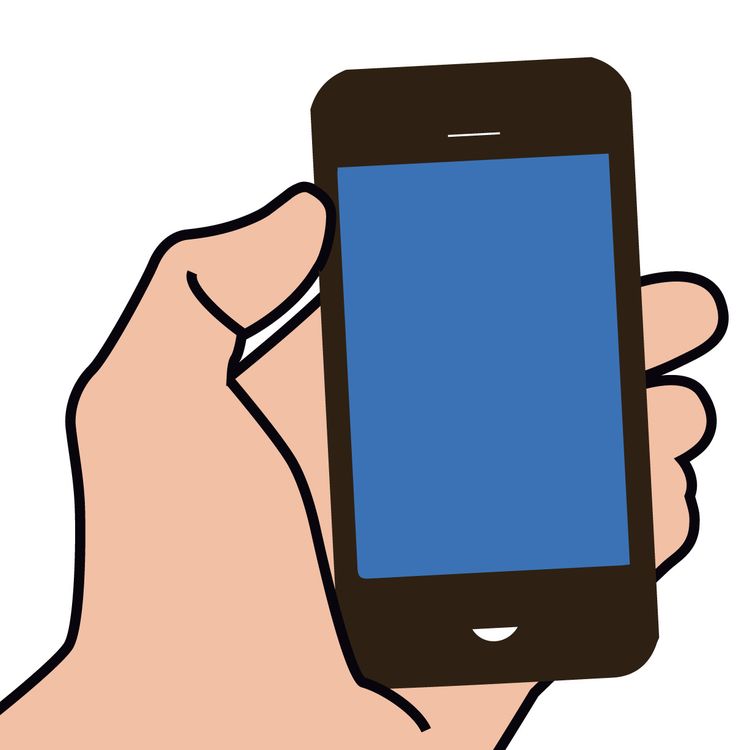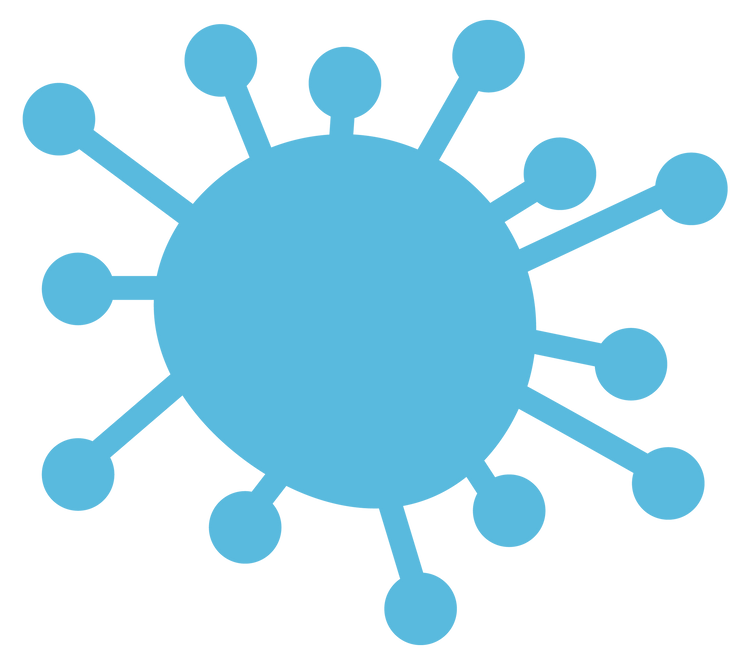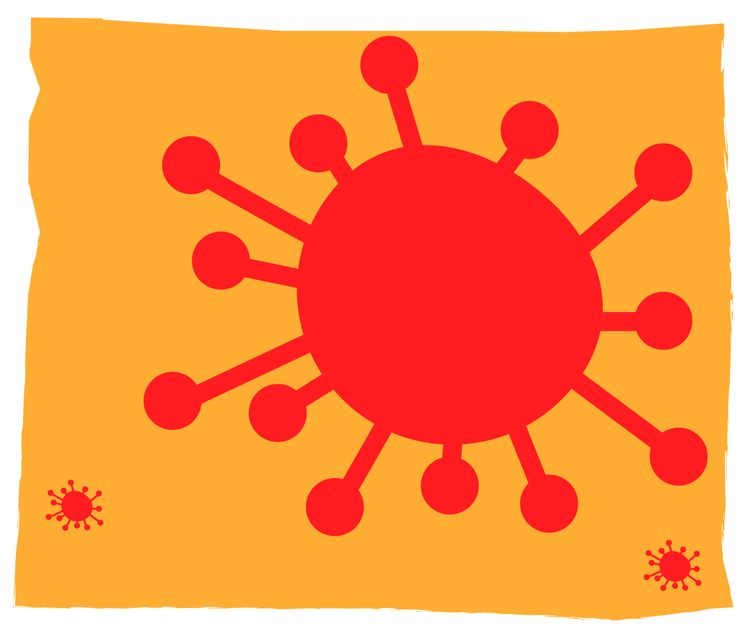
"Big Data" is now often mentioned in the news. Who or what is that?
Because we are domestic policy editors, this is too big of an answer for us to give a precise answer, so we asked Max Schrems for help. You may know him as the lawyer who sued Facebook, today he is the managing director of a data protection NGO. He says "big data" is a catchphrase, not a defined term. Most of the time, this means the attempt to recognize a pattern in large, and often less accurate, data sets. For example, instead of measuring the fever of each person, "you can use the frequency of how often people search for information about 'fever' online to calculate how the flu spreads each year," says Schrems.

Help! Does everyone then know where I am and what I am doing?
It depends. "Big data" can be used to "hypothesize" a larger trend that doesn’t have anything to do with you personally, says the expert. But it also works the other way around: this data is "calculated down" to one person. According to Mr. Schrems, this can cause problems. Another example: People in certain parts of the city often earn less money than in other areas. What if the cell phone company doesn't give you a contract – in fear of it not being paid? And only because of your address. That would be unfair.

I don’t want that. Does it have to be that way?
There are strict data protection laws in Europe. Therefore, we prohibit much of the "big data" that politicians want to get ahold of in order to get a better grip on the spread of Corona in the future. The problem is that many companies and states don’t necessarily always abide by the rules, says Max Schrems. Then his organization must sue again.

So many adults are at home, but they don’t have any time for us, why?
Yes, it is a bit strange. It's not that the adults are free and don't have any work to do. They should be -working, not at the normal workplace, but at home. This is called "home office." For example, this article was written in the kitchen. Of course, there are also jobs that have to be continued at the regular workplace: in the supermarket or in the hospital, for example. Or as just now: The garbage disposal is coming. Woohoo!

Everything is closed, you can’t sell anything, what are people doing now?
Best case scenario, they work. Because many companies do not sell anything and the restaurants are closed, there’s only part-time work. You work less and you also get less money. The country pays for a lot of it. This saves the company from bankruptcy and the employees do not lose their jobs. Unfortunately, the latter also happens to many. The country also has to help.

And when will everything become normal again, for us and for the adults?
Honestly? We don’t know. For teachers, many assume that schools will be closed longer. The current measures, including school closures, are in place until mid-April, but that doesn’t mean much. If the coronavirus does not improve and there are many more infected people, there will likely be an extension to the measures. (Peter Mayr, Karin Riss, Translation: Emily York, 2020-03-29)